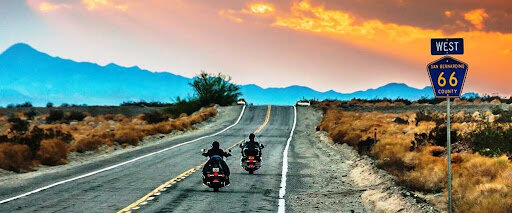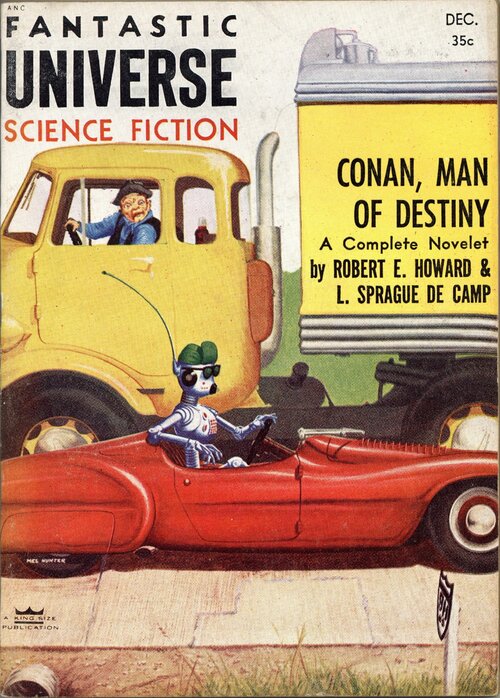Some excellent points in the thread. Managerialism ruining everything. We can chalk the destruction of the biosphere (at least some of the blame) on the list of the crimes of the managerial class. That's in addition to destroying the mental health of millions of workers and making people worse friends, parents, partners, and community members. Making work horrible instead of meaningful. Removing the joy from science, engineering, education, medicine, everything that humans do for work.
Check out what will actually happen with oil production over the next 20 years. At the turn of the century about 5% of oil was used to produce oil. Now it;s 10%. That will only go up as the easy oil has been produced. Oil will go off a cliff. If we want liquid hydrocarbons they will be made from gas, and then from coal. (Of course, we have the fantasyland dwellers who think we can drill our way out of the problem. It's easy to know whose opinion is worthless because they do not have a good relationship with the facts.)
The developed world has exported carbon emissions to less developed countries. This was done to export jobs and break the power of working people. (Too bad for the USA that it made China a stronger industrial power than America. See the 6th gen fighters threads for the apoplexy of the people who get what happens when China can get close in quality and far ahead on quantity.) The emissions affect everyone so it does not matter where they are emitted.
It's not just carbon emissions. Even EVs leave tire particles all over the road and these get into the biosphere.
As an aside, it is not possible to have less energy intensive economic growth. Gross World Product tracks with energy use almost perfectly. "The Economy" is energy. Services are based around things, like cars, that generate service possibilities. Think about an economy where GWP is 10 quadrillion or whatever and 99% of it is services. People will choose to work a few years, get money and then retire, consuming mostly goods and few services. No energy, no economy.
There is not enough mineral supply on Earth to build green tech for a consumer economy. The changes are going to be deep and difficult and will only happen when there is no alternative, which is of course, when it is too late.
Here are some ideas but they are of course, all politically impossible:
1. Right to repair.
2. Right to own things. If you buy it, you own it and can do as you please with it including transfer it to another human or repair it.
3. Durable goods instead of planned obsolescence.
4. A commons where people can work instead of labor for a wage. Farmland, workshops, woodlots. Educational facilities. Makerpsaces where the public can make their own stuff that lasts instead of stuff built by corporations designed to fail. This will never happen because too many people will want it and drop out of the system. And because it will be vandalized by wastrels. If everyone owns it, then no one owns it. Maybe a members-only thing where you have to apprentice and show you can handle the responsibility before you are allowed to join. The idea of a commons enrages the right and a commons that is only open to people who will maintain it enrages the left. You know the idea is good when both are frothing at the mouth over the fact anyone would even propose it.
5. Right to work from home. Company has to prove that the workers need to be in the office. Make it easy to sue the companies that violate this. lawyers will line up to take the cases.
6. Bike paths.
7. Open source e-bikes made from cheap materials and using sodium ion or other cheap batteries.
8. Cheap bikes high enough quality to ride, low enough to not be worth stealing. Open source hardware. Anyone can take a bike and modify it, or keep it or use it. Ride one home, ride it to work the next day. Leave it at a station, pick a new one up when it is time to go home.
9. Good rail transport between cities. Good rail within cities.
10. Bike paths between cities. Way stations where people can rest and sleep if it is a long trip.
11. Open source hardware like solar Stirling engines, bikes, and wood and charcoal powered devices. Passive solar.
12. Massive housing projects all over the world. Single family and multifamily homes built to last centuries. Passive solar, heating and lighting, water and wind based cooling. Rain catching devices. Workplaces built close to housing.
Eliminate the need for automobiles. In the US, this will include dealing with the issues of inequality and crime.








